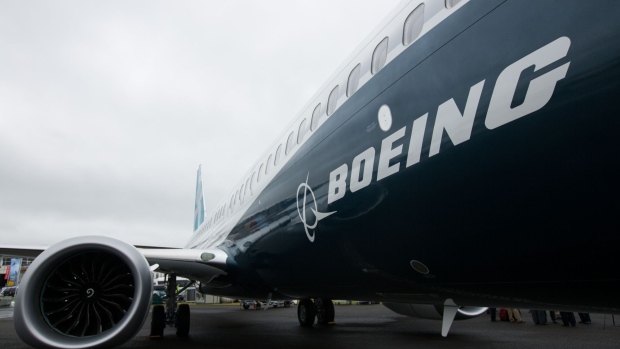Dec 6, 2019
Boeing hit with US$3.9M fine for alleged safety violations
, Bloomberg News

The U.S. government hit Boeing Co. with a proposed US$3.9 million fine on Friday, saying the planemaker installed substandard parts on 133 aircraft and didn’t properly oversee its suppliers.
The Federal Aviation Administration said the parts in question were installed on the wings of Boeing 737 jets to allow devices known as slats to move back and forth.
The civil penalty comes as the company has been embroiled in controversy over how it designed its 737 Max, which was involved in two fatal crashes that killed 346 people and has been grounded since March 13. Friday’s proposed fines aren’t related to those accidents.
On Friday, the FAA alleged Boeing “knowingly” sought FAA certification of aircraft that had the faulty parts installed, after determining that the devices had failed a strength test.
The so-called slat tracks, which were supplied by subcontractors, had become brittle during a process to add a cadmium-titanium plating, the FAA said.
Boeing has 30 days to respond to the FAA and may dispute the allegations. The regulator often negotiates to lower penalties, particularly if companies agree to take steps to address the issue under review.
Reinforced Commitment
The planemaker said in an emailed statement that it’s aware of the FAA allegations and is working closely with its customers to address the issue. No planes currently in service have any of the faulty parts, the company said.
“Safety and quality are Boeing’s top priorities, and Boeing has made a number of significant changes to our organization and processes in recent months that will reinforce and enhance this commitment,” Boeing said.
The company in 2015 agreed to pay a US$12 million fine and to take steps to improve its internal compliance methods to settle multiple cases under investigation by the FAA.
The FAA had charged in that instance that Boeing was too slow to produce fuel-tank safety devices that were ordered by the government, according to a press release by the agency. A second case alleged that the company failed to maintain quality control and allowed the use of unauthorized fasteners on its 777 aircraft.





